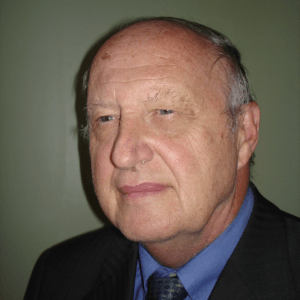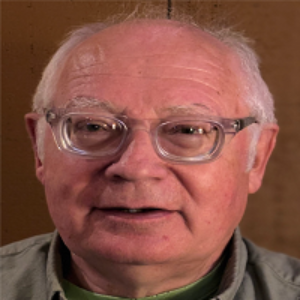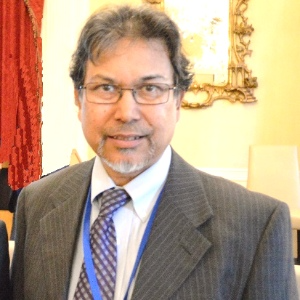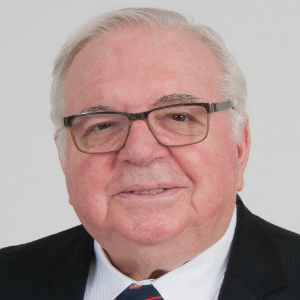Chemical metallurgy is a multidisciplinary field that encompasses various aspects of chemistry and metallurgical engineering to manipulate and refine metals and alloys through chemical processes. It involves a profound understanding of the principles of chemistry and metallurgy to alter the properties and compositions of metals, enabling their application in diverse industries. This field extensively employs chemical reactions, thermodynamics, kinetics, and material science concepts to extract, purify, and transform metals. Key processes in chemical metallurgy include ore beneficiation, extraction of metals from ores through reduction or leaching techniques, refining of crude metals via various methods like electrolysis or thermal processes, and alloying to produce materials with desired properties. Understanding the thermodynamic equilibrium of reactions and kinetics is vital in optimizing these processes for efficiency and yield. It starts with ore beneficiation, where physical and chemical methods are used to concentrate and separate valuable minerals from the raw ore. Following this, extraction processes like pyrometallurgy (heating at high temperatures) or hydrometallurgy (using aqueous solutions) are employed to obtain metals in their elemental form. Refinement processes involve further purification to eliminate impurities, employing techniques like electrolysis, fractional distillation, or solvent extraction. Alloying, a crucial aspect, involves combining metals or introducing elements to enhance properties such as strength, corrosion resistance, or conductivity, thus tailoring materials to specific industrial needs. This field extensively contributes to various industries, including automotive, aerospace, electronics, and construction. It enables the production of high-performance materials like stainless steel, aluminum alloys, and specialized alloys for specific applications. Moreover, chemical metallurgy plays a crucial role in sustainable practices, facilitating metal recycling, reducing environmental impact, and developing eco-friendly processes. Continuous research in chemical metallurgy focuses on optimizing existing processes, discovering new materials, and advancing technologies to meet the evolving demands of modern industries while promoting sustainability and efficiency in metal production and application.

Ephraim Suhir
Portland State University, United States
Thomas J Webster
Interstellar Therapeutics, United States
Robert Buenker
University of Wuppertal, Germany
Will Skene
Montreal University, Canada
Valeriy A Buryachenko
Micromechanics & Composites LLC, United States
Anis Rahman
Applied Research & Photonics, Inc, United States
Will Skene
Montreal University, Canada
Robert Guidoin
Laval University, Canada
Robert Buenker
University of Wuppertal, Germany


Title : Introducing picotechnology: An exciting extension of nanotechnology
Thomas J Webster, Interstellar Therapeutics, United States
Title : The failure of both einsteins space-time theory and his equivalence principle and their resolution by the uniform scaling method
Robert Buenker, University of Wuppertal, Germany
Title : Material challenges with proton conducting ceramics for intermediate temperature hydrogenation/dehydrogenation applications
Saheli Biswas, Commonwealth Scientific and Industrial Research Organisation, Australia
Title : Porphyrin layers at metal-electrolyte interfaces monitored by EC-STM and CV
Marek Nowicki, University of Wroclaw, Poland
Title : Color control of electrochromes by structural modification
Will Skene, Montreal University, Canada
Title : Make experiments more efficient: Two simple and powerful approaches. Mg2Si growth for photovoltaic and thermoelectric applications
Alexander S Gouralnik , Institute of Automation and Control Processes, Russian Federation
Title : Reconfigurable antenna structures using tunable materials
Nasimuddin, Institute for Infocomm Research, Singapore
Title : (0, 1 and 2) Dimensional hybrid architecture of the synthesized materials leads the smart sensing of the gaseous species at low/room temperature
D R Patil, North Maharashtra University, India
Title : Enhanced grain refinement, precipitates regulation, and improved mechanical properties of cast Al-Li alloy by Ti addition and heat treatment
Lixiong Shao, Shanghai Jiao Tong University, China
Title : Broadband sound attenuation of shape memory polymer with triangular-honeycomb unit cell metamaterial structural design
Musaab Ejaz, Universiti Teknologi PETRONAS (UTP), Malaysia